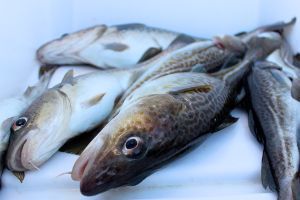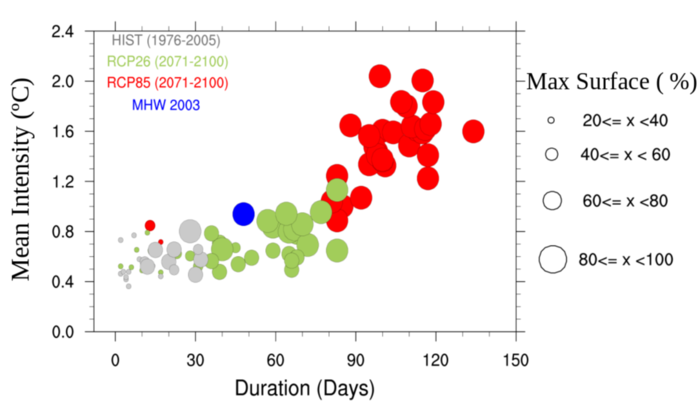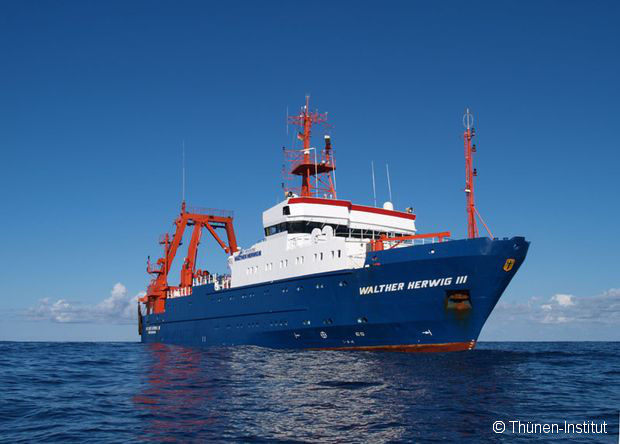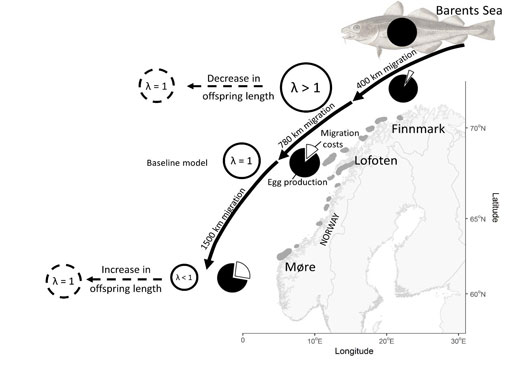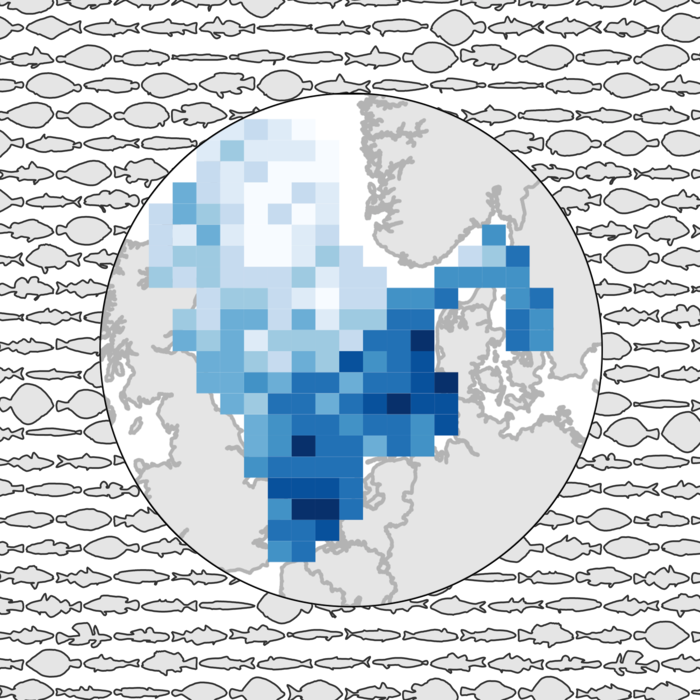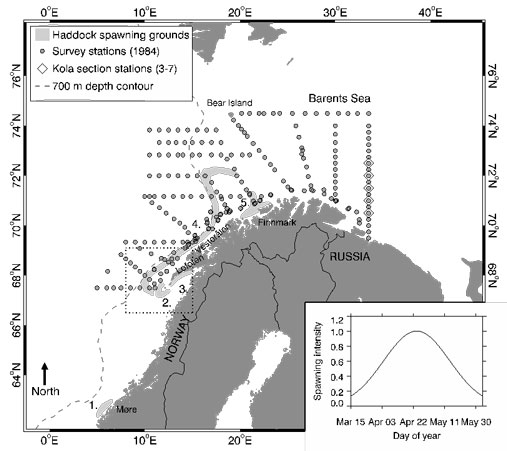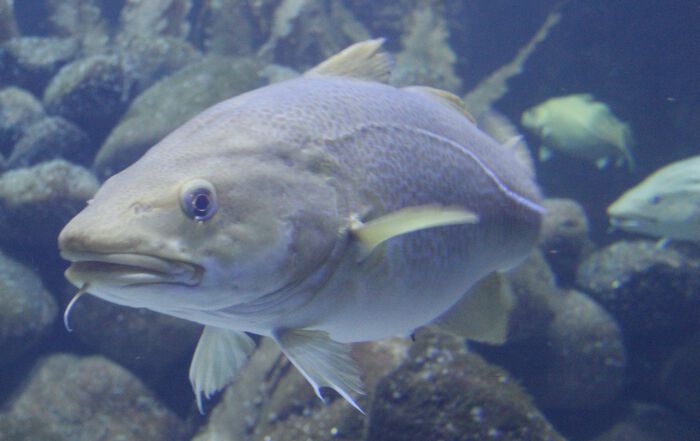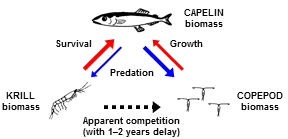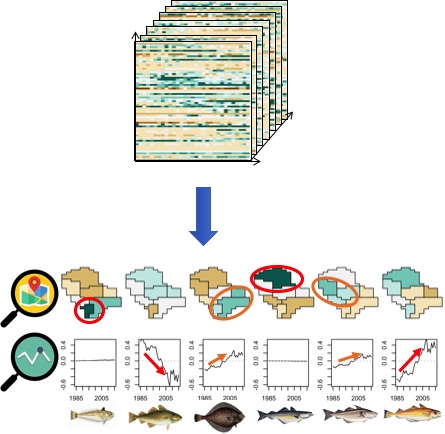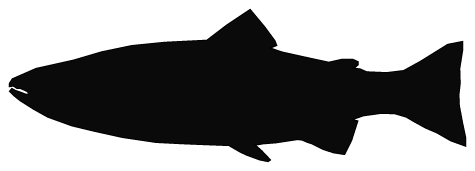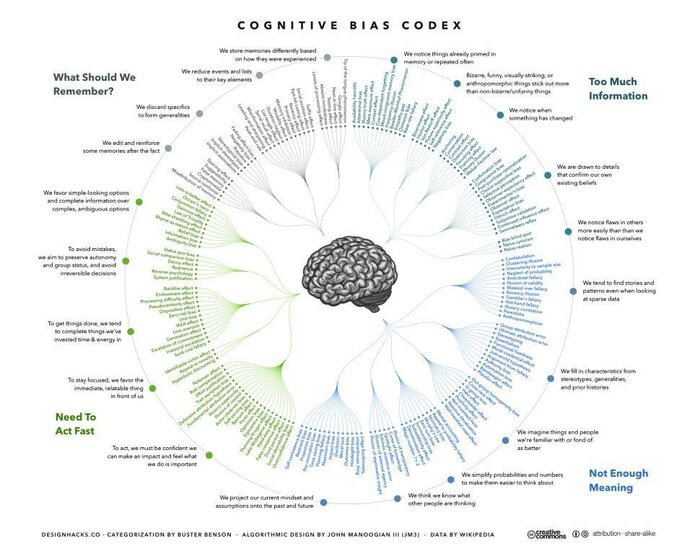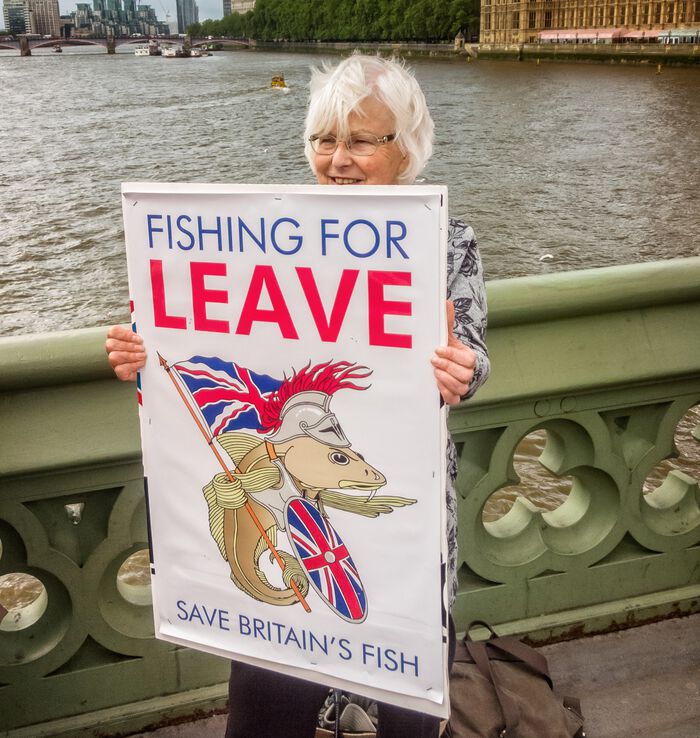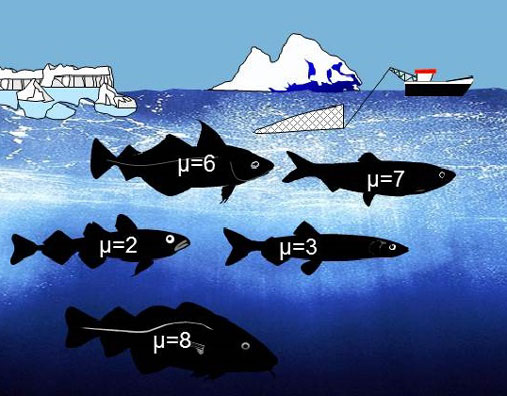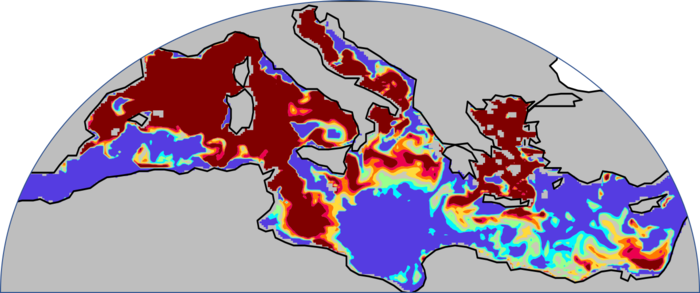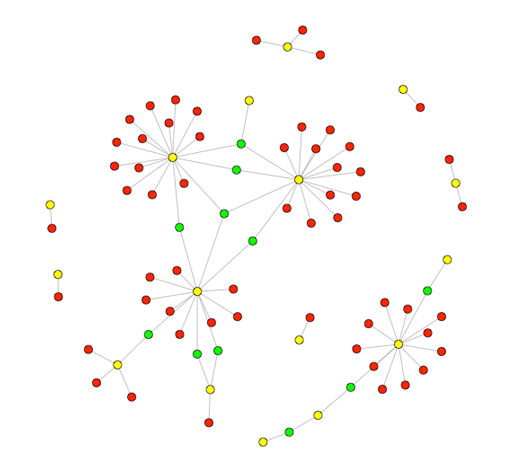Published
Oct. 26, 2017 7:54 AM
Marine systems are characterised as highly complex, being subject to multiple drivers (e.g. climate change or fishing pressure) and being riddled by high uncertainties. Yet, we still manage to come up with models to simulate ecosystem dynamics or establish fishing quotas. In order to achieve this we rely on experts and their judgements. Especially in situations where empirical data is scarce experts are often the best or even only source of information. Experts help to make sense of ambiguous data or, in case of no data, are able to provide input due to their acquired learning and experience. These expert judgments are indispensable but it pays to be aware that they are not perfect. While the idea that people are not always rational agents has been widely accepted, it is often overlooked that experts are humans, too.




